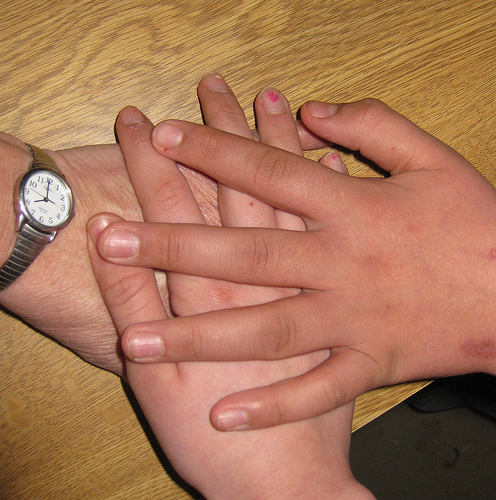
When I’m not changing a slew of endless diapers on a string of sleepless nights I occasionally get the pleasure of planning and leading delegations of community and business leaders on learning trips to places like Cambodia, Vietnam, and India with the Foundation for Global Leadership (FGL). Simply put, FGL introduces people of capacity to non-governmental organizations (NGOs) and encourages them to get involved with their time, talent, and/or treasure.
One critical task is vetting the NGOs that FGL works with to ensure they are well-run, productive, and relevant to the interests of donors. Despite good intentions, many NGOs lack sufficient oversight, transparency, or even business acumen when it comes to managing funds. This is especially true in China.
My professional experience with FGL has impacted the way I give my time or donations to local NGOs. I now try to learn about how an organization is run, who does the work, and who the benefactors are.
A simple example would be donating to an orphanage. Who is running the orphanage? How are they funded? Is there government oversight or third party audits of the financial records? If I make a cash donation, where does the money go; to the director’s salary or to food, clothes, and educational toys/supplies for the children? These are the kinds of things I would want to know.
Two NGOs in Beijing that meet my personal standards for excellence are the Starfish Project and Roundabout. You can learn more about each by clicking the links. If your interests are more globally-minded, you would be hard pressed to find a better run outfit than Friends International. This NGO helps street kids get out of poverty by providing them with job training and education so they can find work and become productive members of society.
Photo courtesy of katerha (Flickr)



